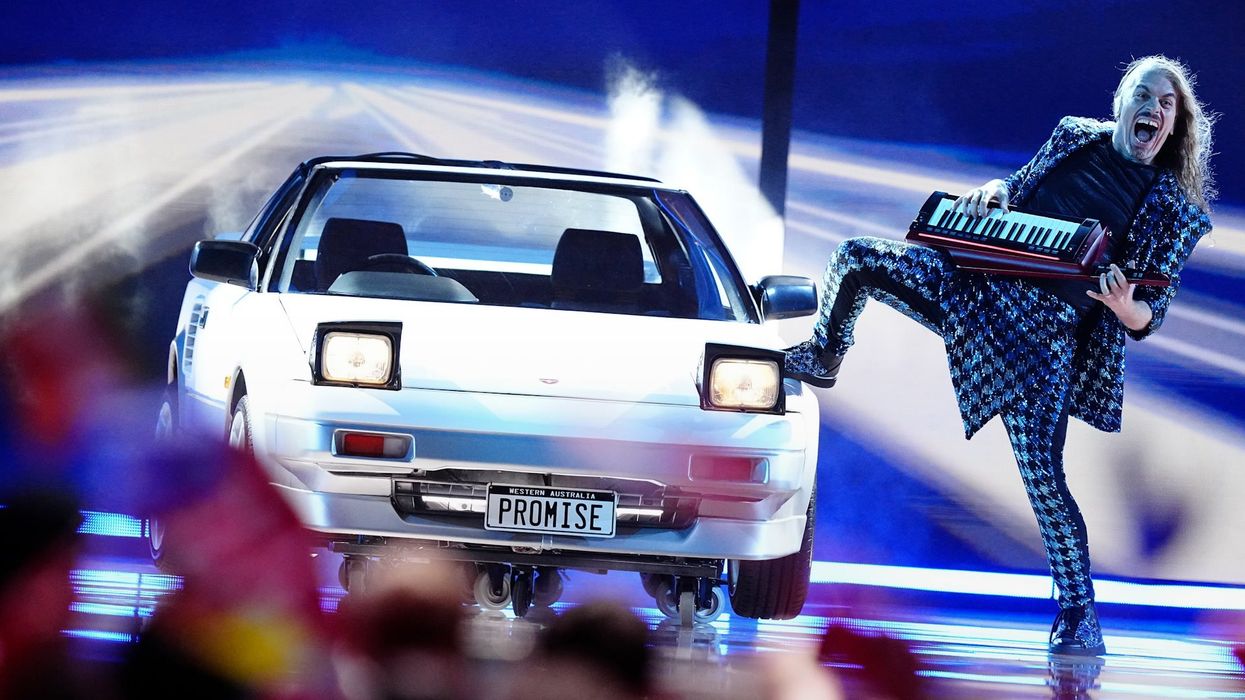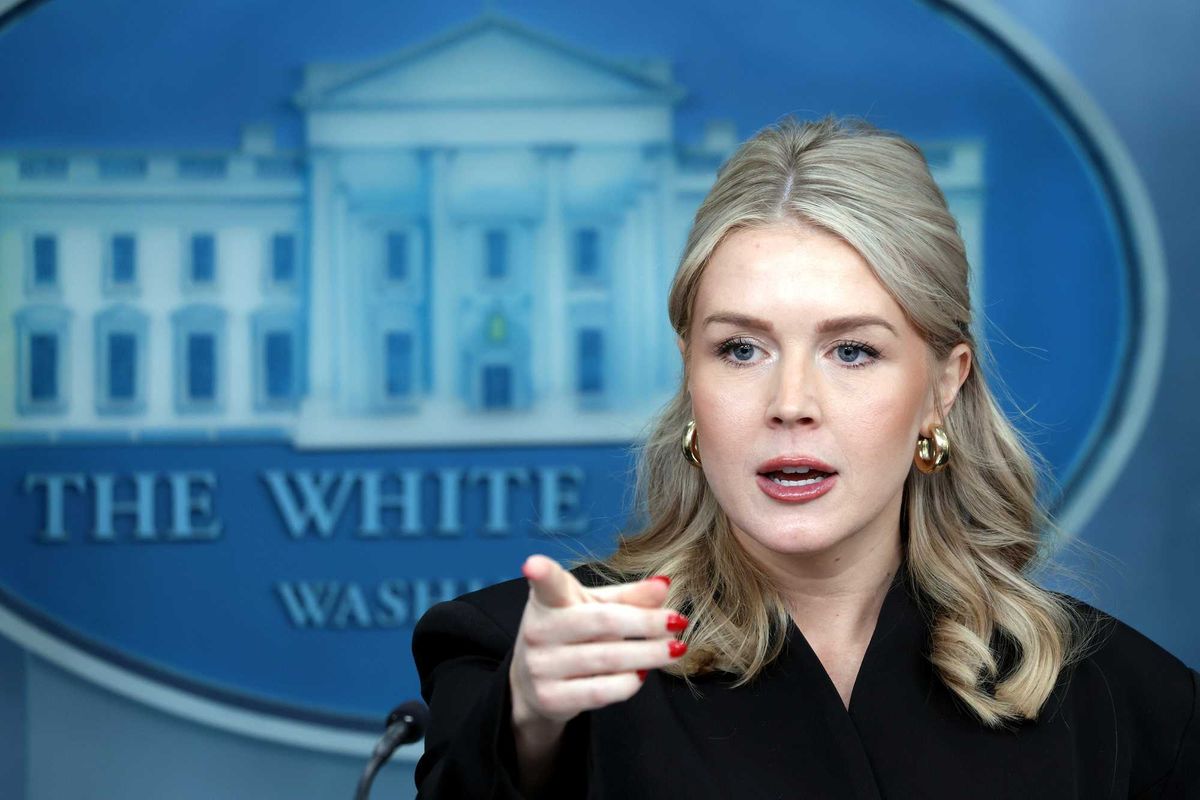Joel Beard
May 17, 2025
Why is Australia competing in the Eurovision?
It’s a pretty reasonable question to ask, given we all learned in our geography lessons that Australia is not in the content of Europe, so why is the country allowed to take part in the Eurovision Song Contest anyway?
While their 2025 act, Go-Jo, was knocked out in the semi-finals, they've actually had some level of success in previous years.
Here's what you need to know about why Australia is in Eurovision - and how they've performed...
2014: The second semi-final interval act
Held in Denmark – and eventually won by Austrian drag icon Conchita Wurst – the second semi-final of that year’s Eurovision Song Contest saw an interval performance by Australia following a short video in which the country pleads with Eurovision bosses to let them take part, before dropping themselves into Europe and barging the UK out of the way.
Cheers, folks.
Sign up to our free Indy100 weekly newsletter
Eurovision Song Contest: Down Under (Interval Act by Australia; Jessica Mauboy)www.youtube.com
Singer Jessica Mauboy performed the song “Sea of Flags”, before they were finally allowed to compete one year later.
2015: Australia’s “one-off” participation
In 2015, Eurovision celebrated its 60th anniversary, and as such, decided to relax the rules a little bit and let Australia compete this time around.
Speaking on behalf of the European Broadcasting Union (EBU) – the people behind the contest – then Executive Supervisor Jon Ola Sand said: “It’s a daring and at the same time incredibly exciting move. It is our way of saying; let’s celebrate this party together!”
In a Q&A section of the news release, in which the question is asked around other non-European countries taking part in future contests, Eurovision representatives reply: “Australian’s Eurovision Song Contest participation is a one-off initiative.
Guy Sebastian - Tonight Again (Australia) 2015 Eurovision Song Contestwww.youtube.com
“But throughout its 60 years of development, new elements have been introduced to keep the Eurovision Song Contest exciting, surprising and relevant to the spirit of time.
“Who knows what the future will bring, as excitement about this European tradition spreads to other countries around the world?”
They also explained that Australia has “a long tradition” of airing the contest through national broadcaster SBS – who are an associate member of the EBU - with a “loyal fan base” supporting the event “every year”.
If Australia won the contest that year (spoiler alert: they didn’t), then the contest wouldn’t be hosted on the other side of the world, but in a European country.
The UK's commentator Graham Norton wasn't keen, branding it "nonsense" at the time.
Australia was represented in the grand final in Vienna by Guy Sebastian, with the song “Tonight Again”.
2016: So it wasn’t a “one-off”, then…
In late 2015, it wasn’t decided whether Australia’s participation would be permanent, but it was determined the country could have another go at taking part for a second year in the row.
This time, they’d have to qualify for a place in the grand final in one of the two semi-finals, unlike the year before where they were added at the final stage to avoid disadvantaging European entrants.
LIVE - Dami Im - Sound Of Silence (Australia) at the Grand Finalwww.youtube.com
Sand said of the move: “The feedback we got from viewers, fans, press and the broadcasters after Australia’s participation in Vienna was overwhelmingly positive.
“We strongly believe the Eurovision Song Contest has the potential to evolve organically into a truly global event. Australia’s continued participation is an exciting step in that direction.
“It remains to be seen what such an event may look like in the long run.”
Their entry in 2016 was Dami Im with the track “Sound of Silence” (no, not the Simon and Garfunkel song).
2019: Participation secured “for the next five years”
After a period of Australia having their involvement considered on a yearly basis between 2016 and 2018, 2019 saw the country have their participation confirmed for five more contests, ending in 2023.
Our trusty friend Jon Ola Sand commented this time around by saying: “We are delighted that Australia has become a more permanent member of the Eurovision Song Contest family.
“The Australians have long been huge fans of the event with a great number of loyal viewers year on year and when they were invited to participate in the 60th anniversary edition of the Contest, we couldn’t have imagined quite how popular their artists would become.
“It was a natural progression for us to agree to their inclusion as a participant for the next five years as they bring so much to the table and we very much look forward to welcoming them to Tel Aviv to perform, alongside the 41 other exciting participants in what’s sure to be a fantastic celebration of music."
The song and singer that year was “Zero Gravity” by Kate Miller-Heidke.
2025
Go-Jo – Milkshake Man (LIVE) | Australia 🇦🇺 | Second Semi-Final | Eurovision 2025www.youtube.com
Fast forward to 2025 and Australia have very much remained in the Eurovision song contest, with their act Go-Jo (real name Marty Zambotto) failing to make the final, and instead being knocked out in the semis in Switzerland.
He was up against the likes of Montenegro, Ireland, Georgia, Czechia, and Serbia in the heat, performing his song 'Milkshake Man' - which was actually written by fellow Aussie pop star, Amy Sheppard.
Go-Jo appeared in a Bensoon Boone-inspired blue unitard complete with a red neck scarf, but unfortunately it wasn't enough to secure him a spot in Saturday's final.
The Grand Final lineup will include Lithuania, Israel, Armenia, Denmark, Austria, Luxembourg, Finland, Latvia, Malta, and Greece.
Better luck next year, Aus!
Have your say in our news democracy. Click the upvote icon at the top of the page to help raise this article through the indy100 rankings.
Top 100
The Conversation (0)














